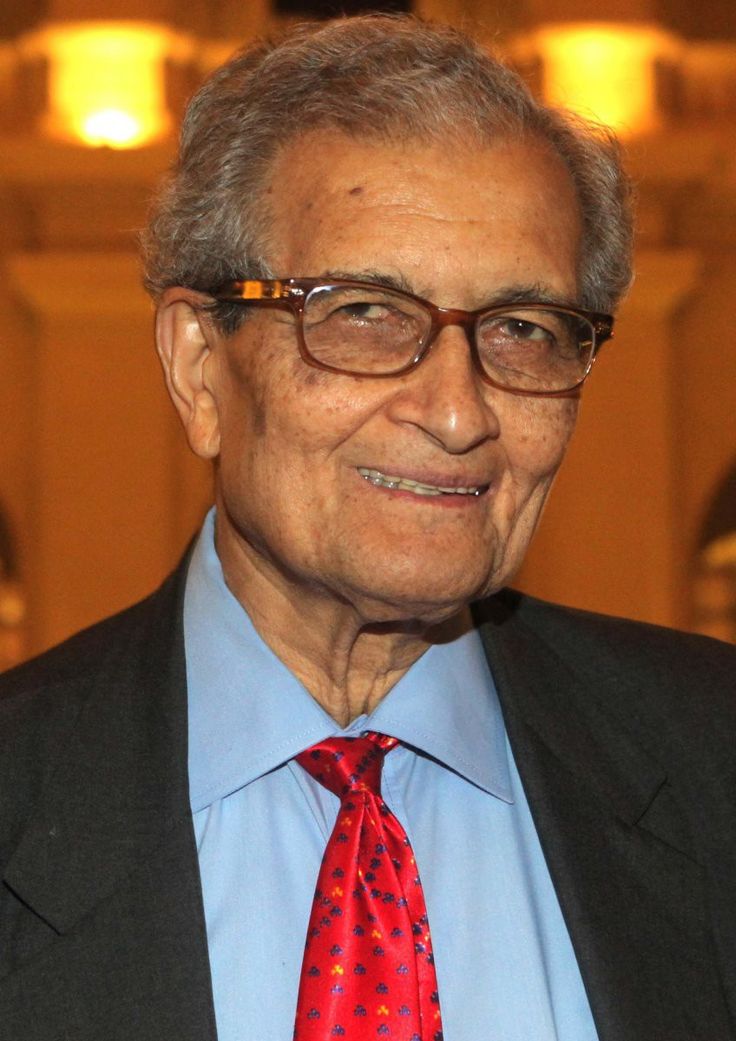Amartya Sen: 10 Incredible Facts About His Life and Global Impact
Amartya Sen, a name that resonates with intellectual brilliance and compassion for the underprivileged, is one of the most influential economists and philosophers of the modern era. His work, spanning over decades, has greatly shaped global policy and sparked discussions around poverty, inequality, and human rights. But who is Amartya Sen, and why does he matter so much to society? Let’s dive into his fascinating life, legacy, and the impact he continues to have on the world.
Early Life and Education
Amartya Sen was born on November 3, 1933, in Santiniketan, West Bengal, India. Growing up in a family that valued intellectual pursuits, Sen was exposed to academic discussions early on. He pursued his undergraduate studies at Presidency College in Kolkata before moving to Cambridge University for his graduate education. At Cambridge, Sen was deeply influenced by eminent philosophers and economists, and it was here that he began to craft his revolutionary ideas about economics, human welfare, and development.
Key Contributions to Economics and Philosophy
Sen is perhaps best known for his groundbreaking work on welfare economics and social justice. One of his most significant contributions is the concept of “capabilities.” He argued that poverty should not merely be seen as a lack of income, but as the inability of individuals to function in ways they value. This framework led to a major shift in how governments and organizations address poverty and inequality. Instead of focusing solely on wealth or GDP, the “capabilities approach” looks at the freedom people have to lead fulfilling lives.
Another area where Sen’s work has had a profound impact is in the development of the Human Development Index (HDI), a measure used by the United Nations to evaluate countries based on education, health, and standard of living. This index was a radical departure from traditional economic indicators like GDP, as it emphasized human well-being and not just economic output.
Daily Life and Routine of Amartya Sen
Though Sen’s life is filled with international travel, academic work, and public speeches, his daily life is surprisingly grounded. He divides his time between his academic pursuits, his family, and his lifelong commitment to social justice. He often spends hours reading and reflecting on issues of poverty, human rights, and development, engaging with scholars and policymakers globally. His work and dedication are rooted in his deep understanding of human dignity, which he believes should be at the core of any economic or political system.
Despite his fame, Sen maintains a humble lifestyle, spending time with his family and regularly engaging in discussions with students, often at his desk in his office at Harvard University, where he has taught for many years. His life is a testament to the idea that intellect, compassion, and integrity can coexist harmoniously.
Historical Significance and Legacy
Sen’s influence on the world has been profound and multifaceted. He has been a key advisor to international organizations such as the United Nations and the World Bank, helping to shape policies aimed at reducing poverty and improving quality of life worldwide. His work has been instrumental in highlighting the importance of social choices, ethics, and individual freedoms in shaping the development of societies.
Amartya Sen was awarded the Nobel Memorial Prize in Economic Sciences in 1998 for his contributions to welfare economics, specifically for his work on poverty and social choice theory. His research has influenced global policy, from international development programs to national welfare policies, and his ideas continue to inspire future generations of economists and human rights activists.
FAQs About Amartya Sen
1. What is Amartya Sen best known for?
Amartya Sen is best known for his pioneering work in welfare economics, especially his “capabilities approach,” which emphasizes the importance of individual freedoms and well-being over traditional economic measures.
2. What are some of Amartya Sen’s key books?
Some of his influential books include Development as Freedom, Poverty and Famines, and The Idea of Justice. These works have shaped global conversations about poverty, justice, and economic development.
3. Why is Amartya Sen important to society?
Sen’s work has fundamentally changed how we understand poverty, development, and human rights. His ideas have influenced policy-making worldwide, especially in addressing the needs of marginalized communities.
4. How did Amartya Sen win the Nobel Prize?
Sen was awarded the Nobel Prize in 1998 for his work on welfare economics, particularly for his analysis of poverty and the social choice theory, which have had lasting impacts on both economics and public policy.
Conclusion
Amartya Sen’s life is a testament to how one individual can impact the world in extraordinary ways. His emphasis on human dignity, the capability to live well, and the role of education in lifting people out of poverty has inspired countless people around the world. His work continues to shape the fields of economics, philosophy, and social justice, making him not only an academic but also a global advocate for the voiceless.
In a world where economic disparity and inequality are still rampant, Amartya Sen’s ideas remain more relevant than ever. His legacy challenges us to think beyond numbers and statistics and to recognize the intrinsic value of human well-being.










